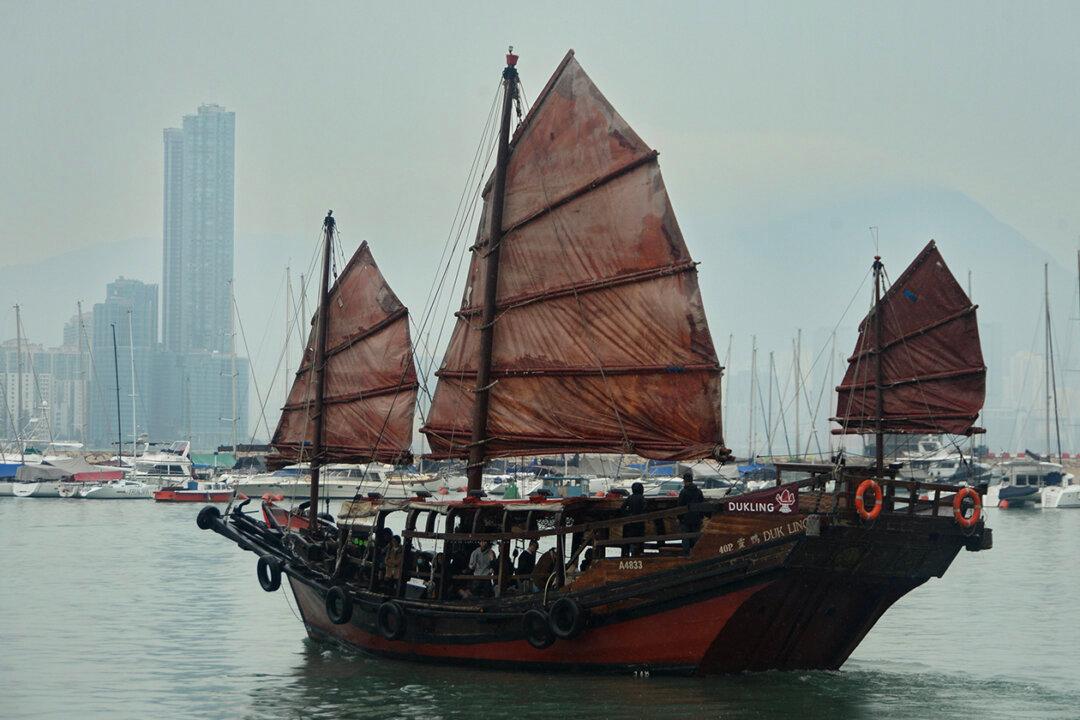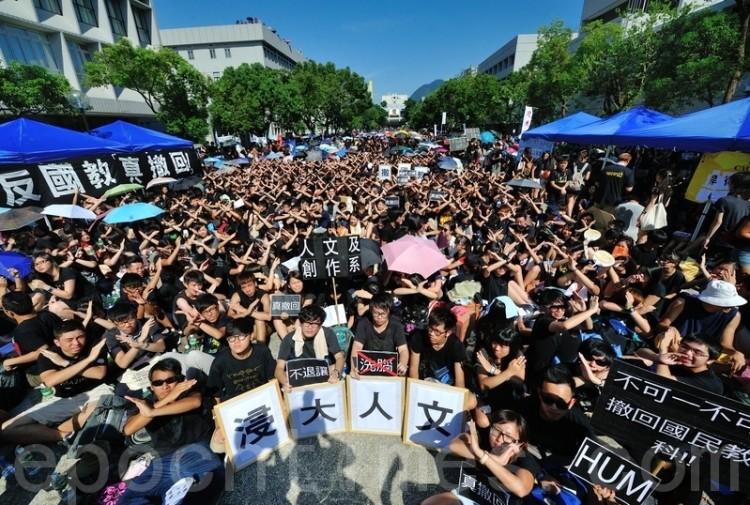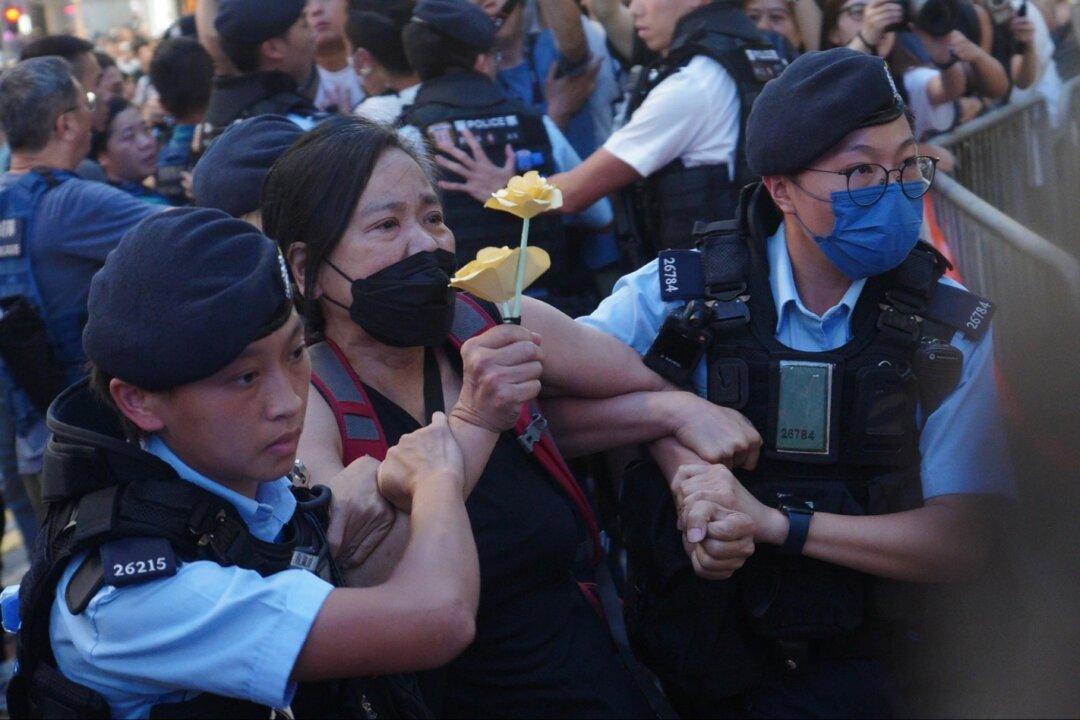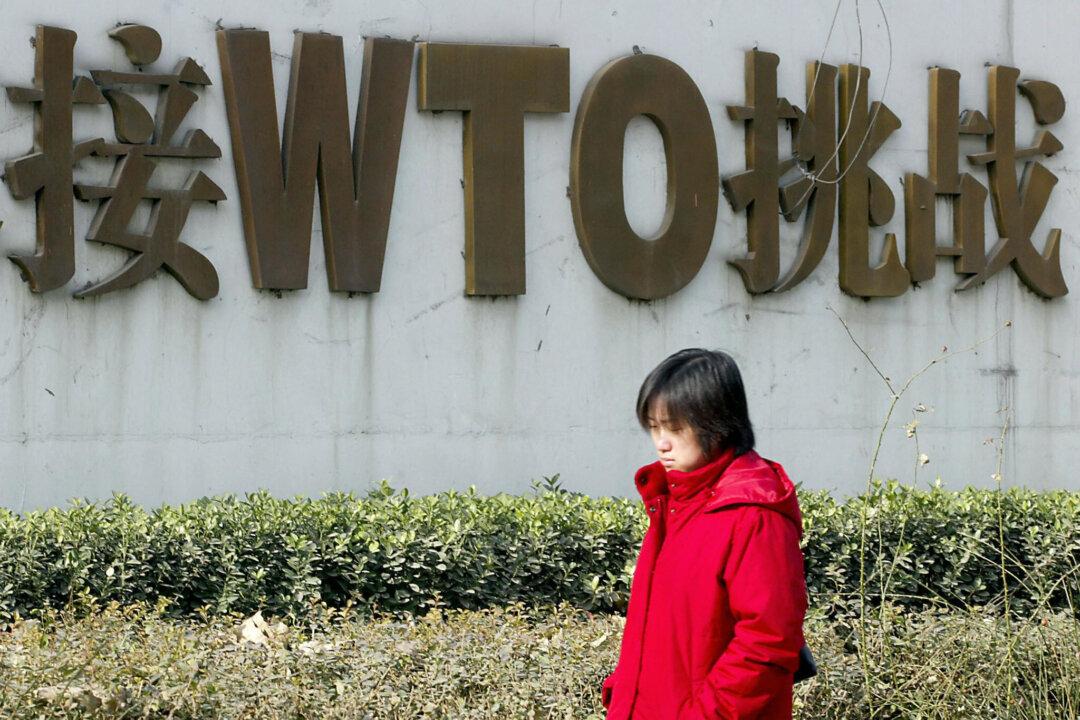Commentary
August 29 marked the 180th anniversary of the signing of the Treaty of Nanjing, which ceded Hong Kong to Britain. Pro-establishment supporters and media took this opportunity to reiterate stereotyped propaganda, such as weak countries have no diplomacy, the British government has been brainwashing Hong Kong people throughout its rule, Hongkongers must get rid of the poison of “colonial nostalgia,” Hong Kong had never been a colony, and solving the Hong Kong problem rested in the sovereignty of China.





